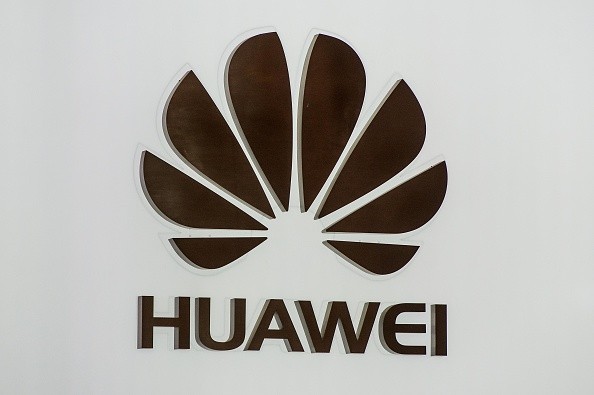Huawei pushes its NFC-based mobile payment service in China through a partnership with bank card processor UnionPay in order to provide a secure and reliable contactless payment through their devices.
In a statement posted on their official website, the Chinese smartphone maker has decided to make use of the Near-Field Communications (NFC) technology to provide mobile commerce to their clients without the fuss of typing lengthy passwords or PINs.
"With a mobile equipped with NFC technology, users can easily access services or perform operations on the different functions of the device, without need for physical contact, just by tapping the phone in a reader," the statement read.
According to the smartphone maker, the so-called "tap-and-go" technology would provide a wide range of payment services for consumers, including payment solutions for food, newspapers, and many others with ease.
Furthermore, The Wall Street Journal revealed that the technology provides Huawei Pay users more secure payments because it requires the user's fingerprint to approve every transaction.
According to Mobile World Live, Huawei introduced their new mobile payment service earlier this month during a press conference with the Bank of China held in Shenzhen.
At the time, the company did not reveal any further details about the service.
On Tuesday, Huawei announced that they would be teaming up with the state-run bank card association China UnionPay, whose card-holders would be able to store their card information in their devices via contactless terminals.
What is interesting about this development is the fact that the bank card provider also teamed up with Apple Pay launched in February and Samsung Pay "early" in 2016.
"Samsung Pay will receive relevant tests and certification as required by Chinese regulators before its official rollout to UnionPay card-holders in China as soon as early 2016," NFC World reported in December.



























